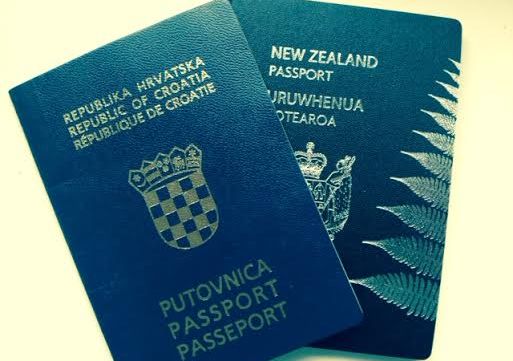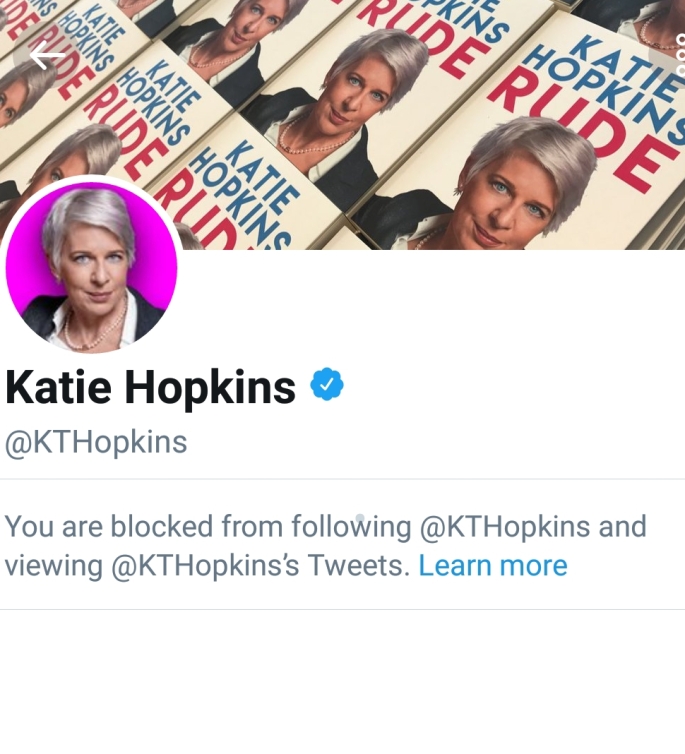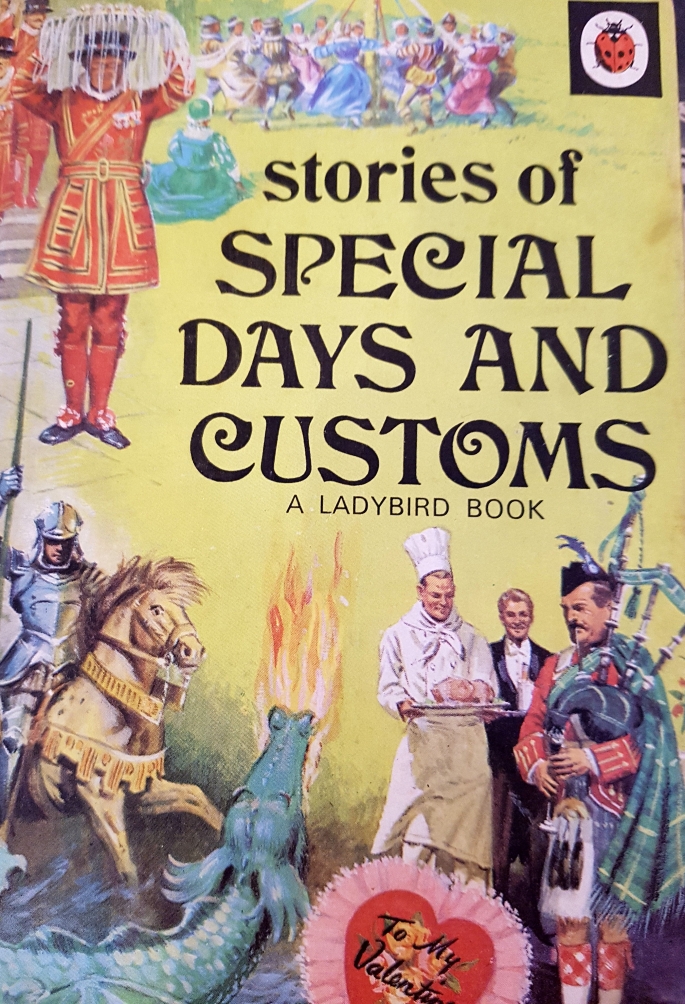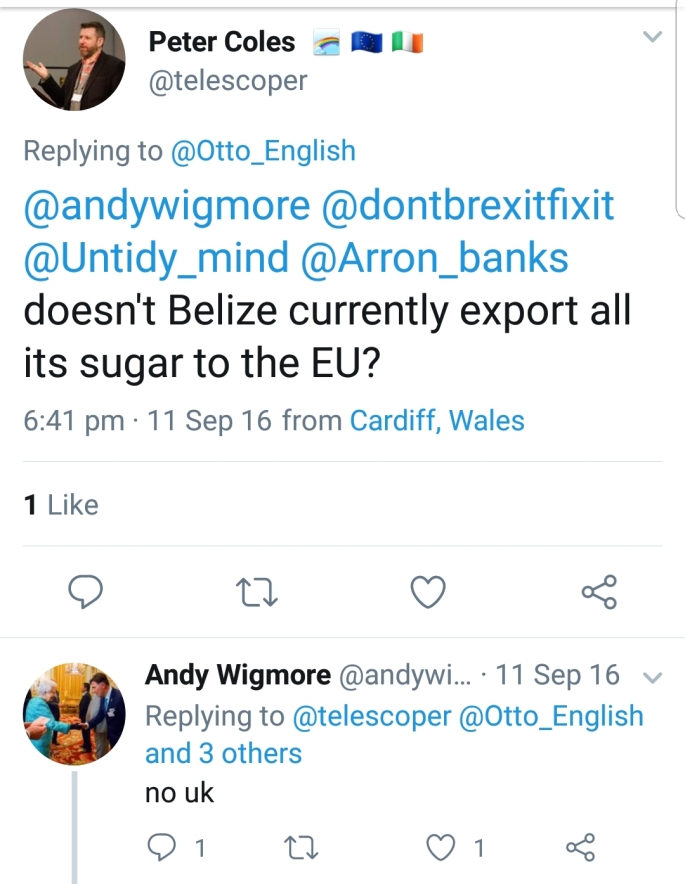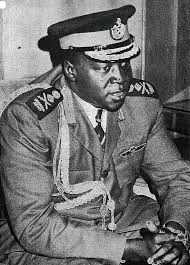I was accused last week of coming up with too many shitty Brexit analogies and so on that basis and in keeping with my mission statement – here are a few more.
Brexit Britain increasingly resembles that Monty Python sketch where a couple go into a café and are offered spam with everything. People don’t want to hear about it. Many seek actively to avoid it – but short of sealing yourself in a bunker on Rockall and stuffing your ears with cement there’s no escaping it.
Brexit’s so ubiquitous, that you half expect to see it on the weather.
“Brexit will sweep in from the East this morning. A few backstops elsewhere but into the West mostly hard, while there’ll be a cold front of manufacturing heading out from the North and into the Continent.”
In the two years since the UK voted to quit the EU, the ‘B’ word has come to infuse everything – like a rancid cheese in your fridge or dog shit that you can’t get out of the treading of your shoes.
Brexit is like graffiti. It hangs around in bus shelters, it sullies up the place. It lurks in stairwells and commuter trains threatening to rob you of your sanity. It rubs off on your coat. It’s ugly and costly. Look up from your phone and it is there and with Theresa May’s deal set to fail there is no sight of escape any time soon.
For two and half years, the topic has dominated our politics, our friendships, our social interactions. I have Remain voting acquaintances who have blocked their own parents on Facebook because of it. I’ve fallen out with old mates. We long ago stopped talking to Grandad about it. Brexit has become less and less about politics and the pros and cons of membership of a trade bloc and more and more like a civil war.

Say that of course and you get accused of over-stating the current divisions and pushing your Brexit analogies too far – but I’m sorry that’s what it is. It is a civil war. If these events had unfolded in the 17th century, we would have spent the last two years firing musket shot at each other, shoving pikes up one another’s arses and hanging people from trees rather than tweeting angrily at Newsnight. It’s brother against brother, daughter against mother, neighbour against neighbour, region against region. It’s toxic, it’s acrimonious and at times it has spilled into actual violence.
In 2016, even the most die-hard Brexiter or Remainer couldn’t have predicted that we would be fighting this mêlée of madness two and a half years later. Yes, nobody ever promised that it would ‘all be over by Christmas’ but few could have guessed that the lines for the most part wouldn’t have broken. Far from it. If anything, as the ‘war’ has progressed the fronts have become far more entrenched. Both sides have dug in. Pyrrhic victories have been claimed as major breakthroughs that will end deadlock once and for all – but nothing really has changed….. apart from this one thing – most people in the country are sick to fucking death of it all and long for peace.
In war the biggest victims tend to be the civilian populations. In most conflicts they are the ones who are killed by rampaging armies shortly after their homes have been burnt to the ground. In this war they risk being bored to death. As Westminster continues to wage its internecine battle aided and abetted by the news and commentariat there is a whole nation out there that is being ignored even as it is bombarded with raining tins of Brexit Spam. The all-encompassing fog of the battle has suffocated engagement on all the other stuff. Education, NHS funding, climate change, social mobility, the division between rich and poor.
Occasionally Jeremy Corbyn sticks his wizened old head out like a soporific tortoise and tries to talk about Venezuela – but that’s about it in terms of variety.
The Conservatives have now been in power for seven and a half years – half of which has been spent on Brexit. And here’s the rub – the topic itself is a wholly unnecessary project – of no benefit to woman, man or beast. It is a folly. A hunt for the Snark, a waste of time, of energy and money that could have been better expended on things of actual benefit to the people of Great Britain.
As we – and yes I include humble me in this – blab on and on about Brext – the silent majority are increasingly war-weary and tired of the very mention of the word. As MPs hold yet another debate and the whole omnishambolic cavalcade of shit rumbles into another year – most Britons just wish it would stop.
Still – at least the Brexit analogy sector is a growth industry huh.





